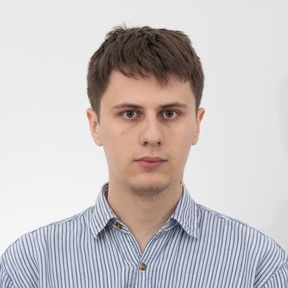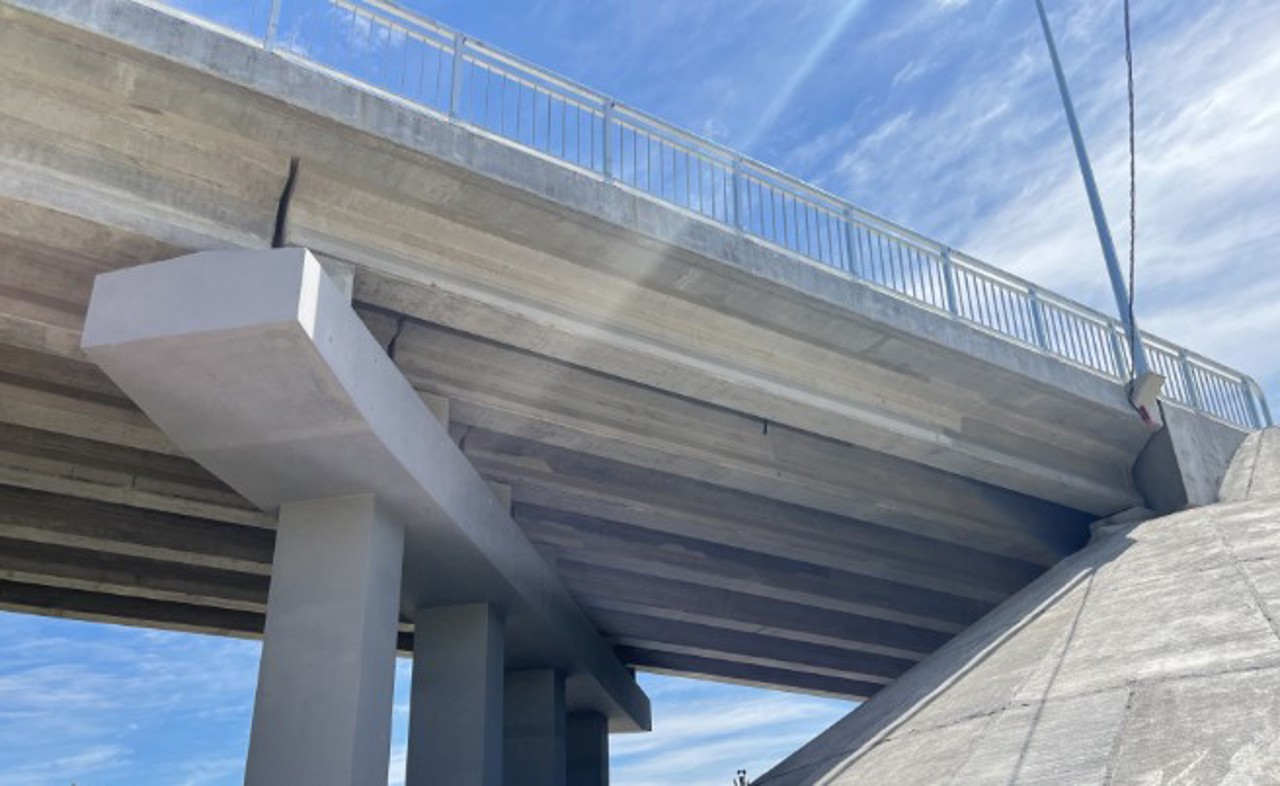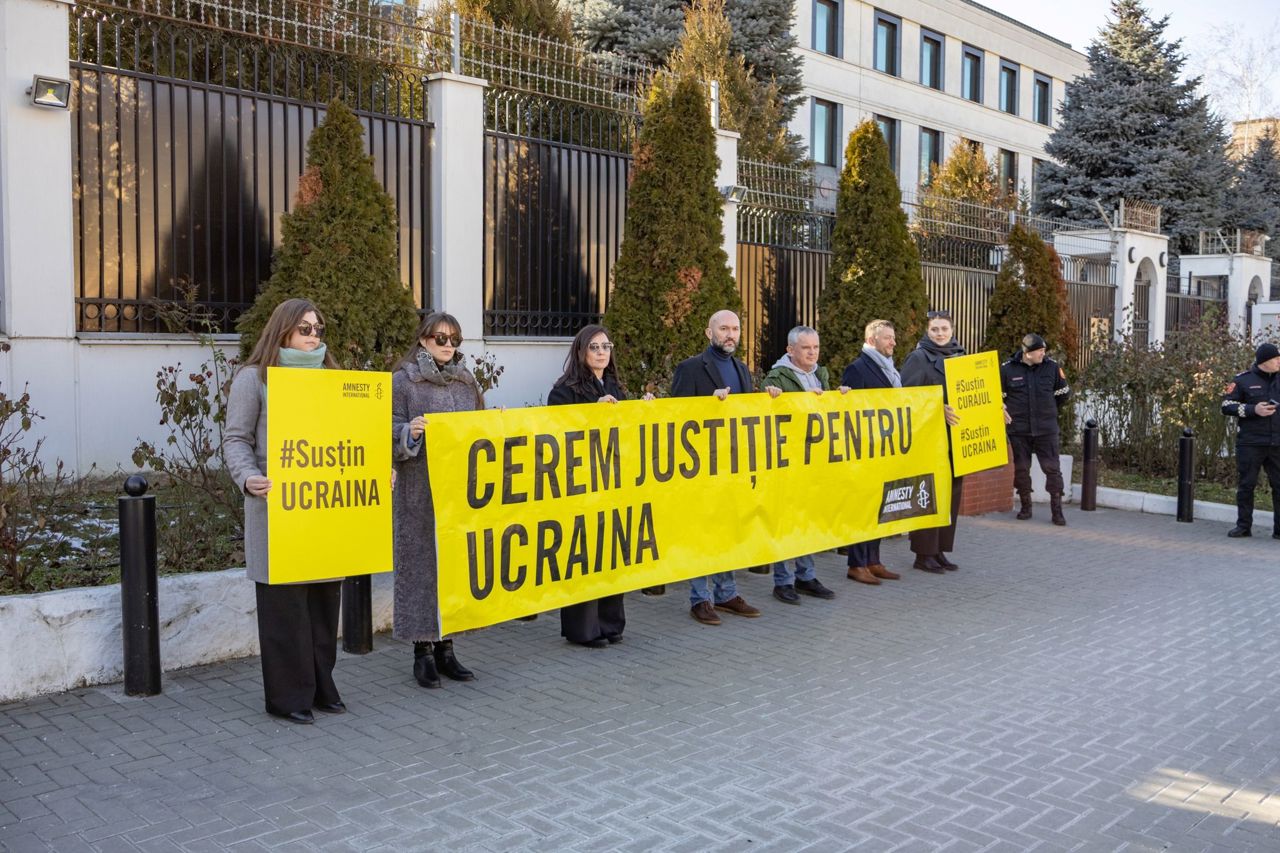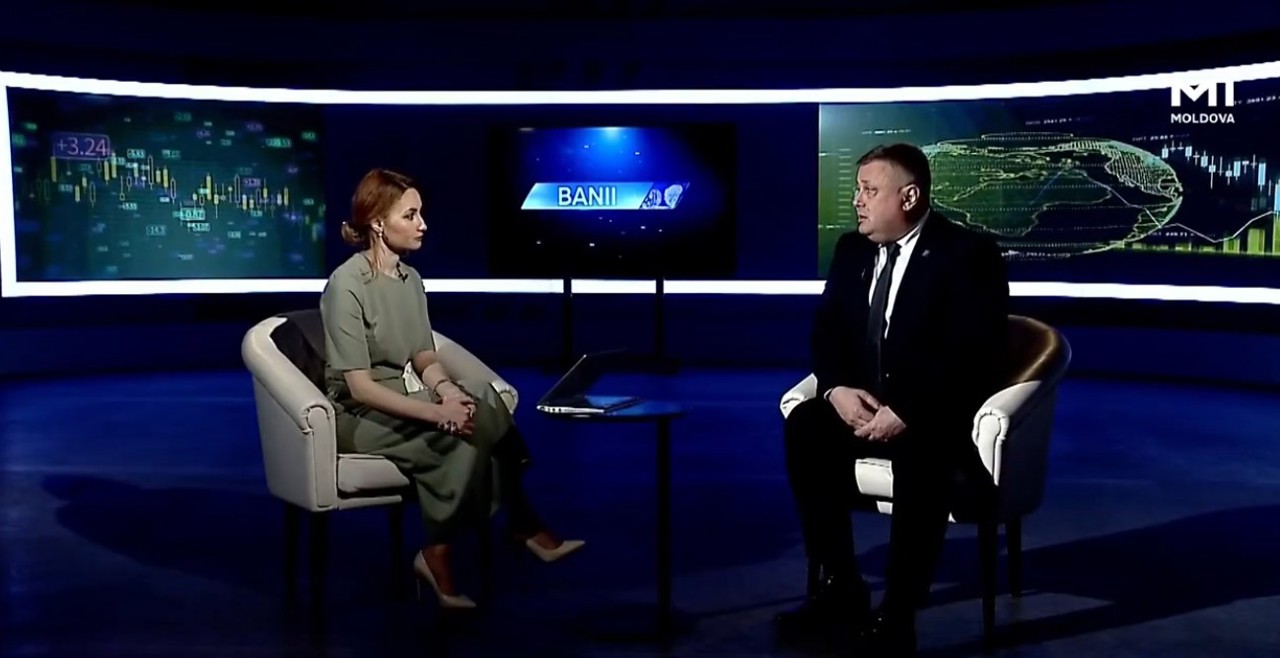Russia-Ukraine peace talks resume. Experts: Putin stalling for concessions
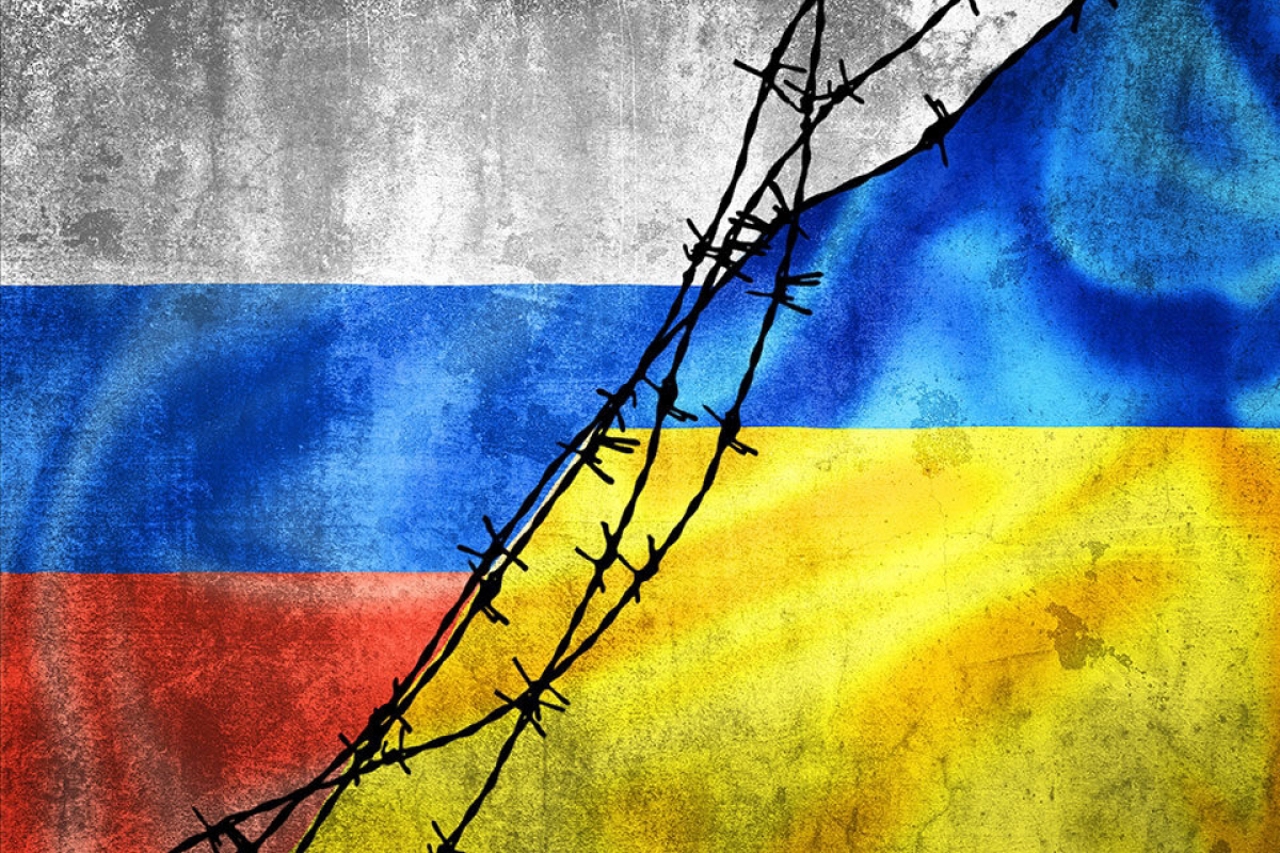
Russian and Ukrainian delegations are scheduled to meet in Istanbul today. The Kremlin's delegation for these direct negotiations, proposed by President Putin, includes lower-level officials. This group consists of an aide to the president, two deputy ministers, and two officials from the Russian military intelligence agency (GRU). Some members of this delegation were also part of the Russian team that negotiated with Ukraine shortly after the invasion began in March 2022. Ukrainian President Volodymyr Zelensky announced that he would not personally participate in the talks but would instead send a Ukrainian delegation led by Defense Minister Rustem Umerov, according to The Kyiv Independent.
Russian leader Vladimir Putin did not attend the peace talks in Istanbul yesterday aimed at ending the more than three-year war with Ukraine and President Volodymyr Zelensky. Instead, after abruptly proposing "direct talks" between Russia and Ukraine late last week, Putin sent a lower-level delegation to the meeting. President Zelensky announced that Ukraine's defense minister, Rustem Umerov, would lead their team.
This marks the first direct talks between the two parties since March 2022. However, U.S. President Donald Trump's assertion that the situation will not change without a direct meeting between himself and Putin has dampened hopes for significant progress.
Security expert Angela Grămadă stated on Moldova 1’s “Bună seara” show that Putin is not interested in achieving peace at this moment; rather, he is seeking to buy time and consolidate the illegal annexations of disputed territories. According to Grămadă, Russia's priority lies not in peace negotiations but in clarifying the positions of other nations regarding these annexed areas. She emphasized that the Russian delegation's goal is to explore the perspectives of Ukrainians, Americans, and Turks on these territories.
Additionally, the talks included resuming discussions on lifting certain sanctions against the Russian Federation. For Russia, this issue was deemed more important than establishing a ceasefire, signing an armistice for Ukraine, or creating a mechanism for monitoring the situation along the front lines. Putin is attempting to gain time by sending delegations at this level, but he also understands that if Donald Trump disengages from this issue, other countries, including China, are unlikely to vigorously support Russia in mediating a sustainable and long-term peace process that would allow it to exit the situation on favorable terms.
Black Sea expert Mihai Isac emphasizes Russian President Vladimir Putin's deliberate strategy of stalling any discussions on a ceasefire in Ukraine. He argues that Russia is not genuinely interested in establishing peace; rather, it aims to buy time and get concessions from Ukraine and its Western allies. The Russian delegation is led by individuals with limited political influence, such as former Minister of Culture Vladimir Medinsky, while Ukraine has sent high-ranking officials, including Defense Minister Rustem Umerov, to the negotiations. Isac warns that, given this imbalance, any discussions of peace are premature.
This situation clearly indicates that Russia does not take the negotiations seriously. Putin is unwilling to discuss establishing a mechanism to monitor the ceasefire. Russia has a history of violating its own unilateral ceasefires, launching attacks on Ukraine even during declared periods of respite. The Kremlin's goal appears to be to deepen its presence in the Donbass region and create a situation on the ground that will allow it to negotiate from a position of strength.
Mykhailo Podoleak, adviser to the presidential office in Kyiv, estimates that a resolution to end the war will likely not be achievable without the involvement of both presidents from the warring nations.
Ukrainian President Volodymyr Zelensky expressed his willingness to hold peace talks with Russian President Vladimir Putin, but he contends that Moscow lacks serious intentions regarding negotiations. Zelensky made these statements after a meeting in Turkey with President Erdoğan, which Putin did not attend. The Ukrainian leader stated that he was sending a delegation led by his defense minister to Istanbul out of respect for the presidents of the United States and Turkey. He went on to accuse Russia of sending low-level representatives to the talks.
